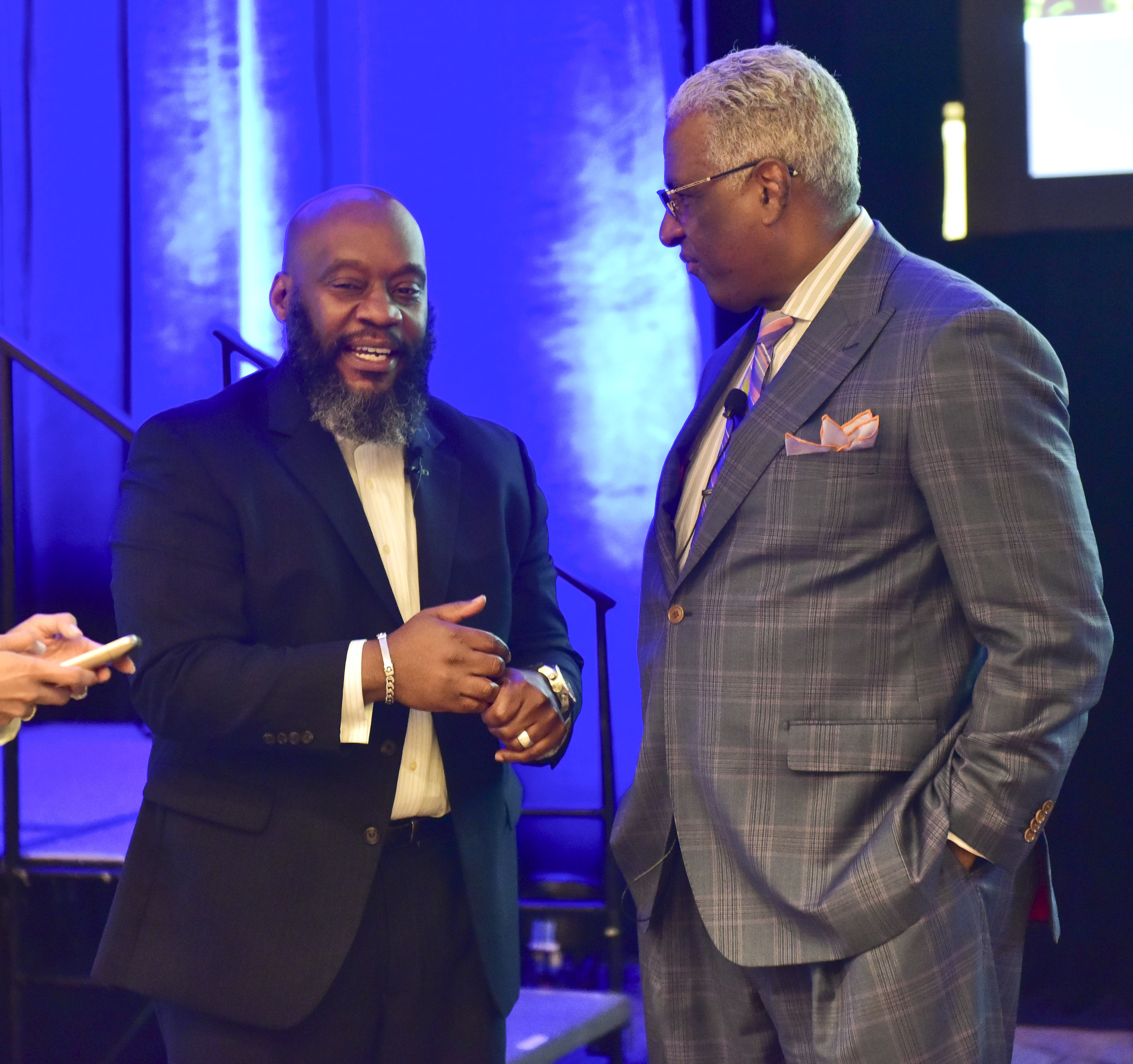
By Solomon Crenshaw Jr.
Special to The Times
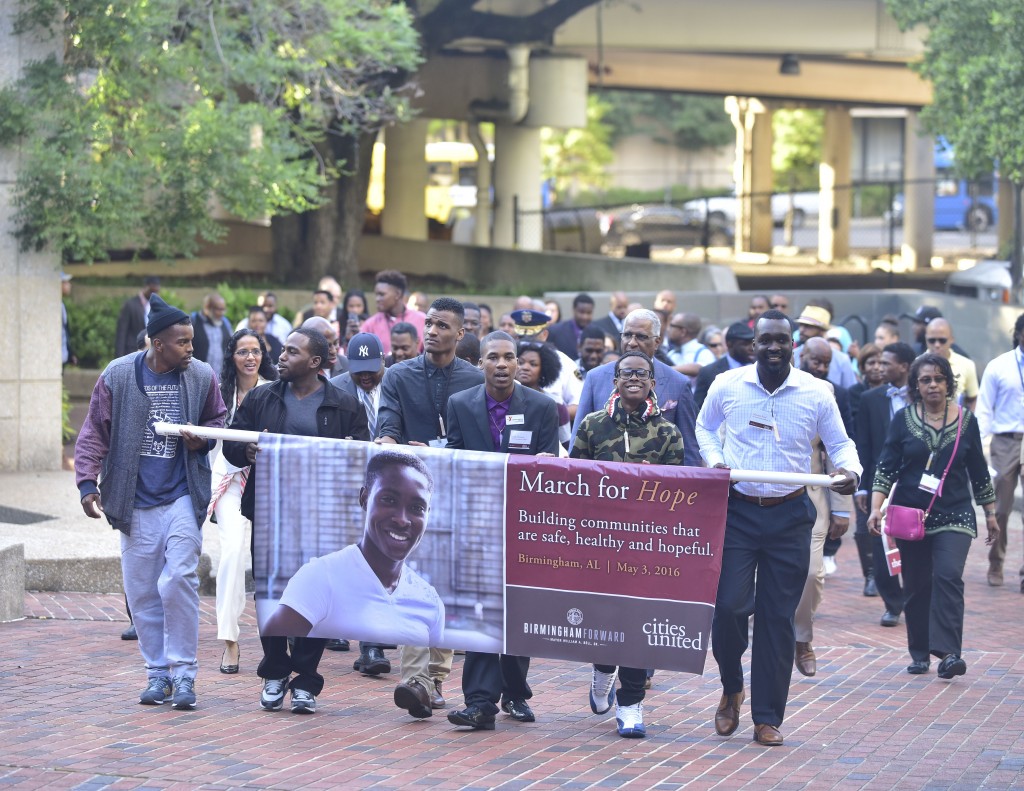
Elected officials – including mayors and other leaders — from 32 cities and towns met in Birmingham this week to further efforts to reduce violence-related deaths of African American men and boys.
The officials are part of Cities United, which was launched in 2011 to create a national network of communities to decrease bloodshed related to African American males.
“We realized years ago we can’t arrest our way out of our problems,” said Brian Evans, commander of Special Operations of the Gary (Ind.) Police Department. “We can’t lock every man up that’s giving us problems. Two to three percent of the population are the ones that are creating the most trouble for us, or any city.”
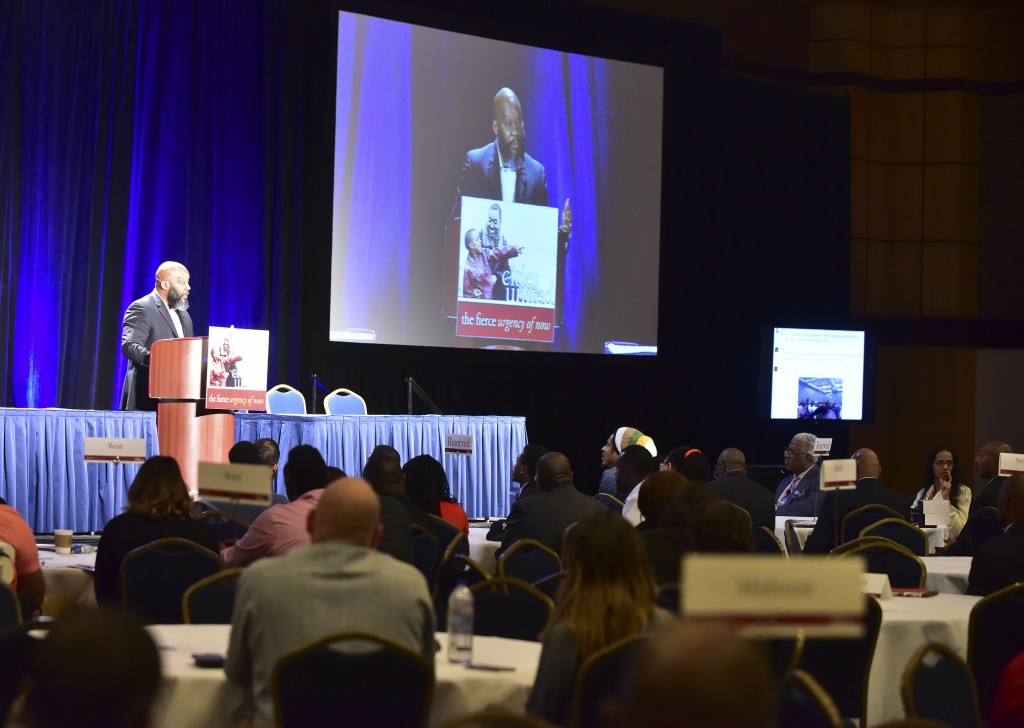
According to recent data from the Centers for Disease Control and Prevention, homicide is the leading cause of death for black men ages 15 to 34 nationwide. Black males in that age group are 10 times more likely to be murdered than whites the same age, according to the CDC’s figures.
“If we want to reduce the number of homicides, the data tells us that young black men and boys are the ones we are losing the most to homicides,” said Anthony Smith, Cities United Executive Director. “In most cities, it’s anywhere from 50 percent to 80 percent African American men and boys. We know we’ve got to start with African American men and boys.”
The theme for the event was “The Fierce Urgency of Now” taken from Martin Luther King Jr.’s ‘I Have A Dream’ speech.
“We’re at this moment where there’s ‘a fierce urgency of now’ to get this right if we’re really going to be serious about saving our young black men and boys, and saving their lives,” Smith said. “Our goal with mayors is to help them develop real strategies.”
The opening session included a viewing of Birmingham Forward, a video that shows progress in Alabama’s largest city. Mayor William Bell expressed pride in the economic development but cautioned that human resources must also be developed.
“You can have all the pretty buildings that you want, we can have all the nice parks that you desire, but if you don’t invest in the people, if you don’t address those challenges that hold individuals back … all those other things are for naught,” he said.
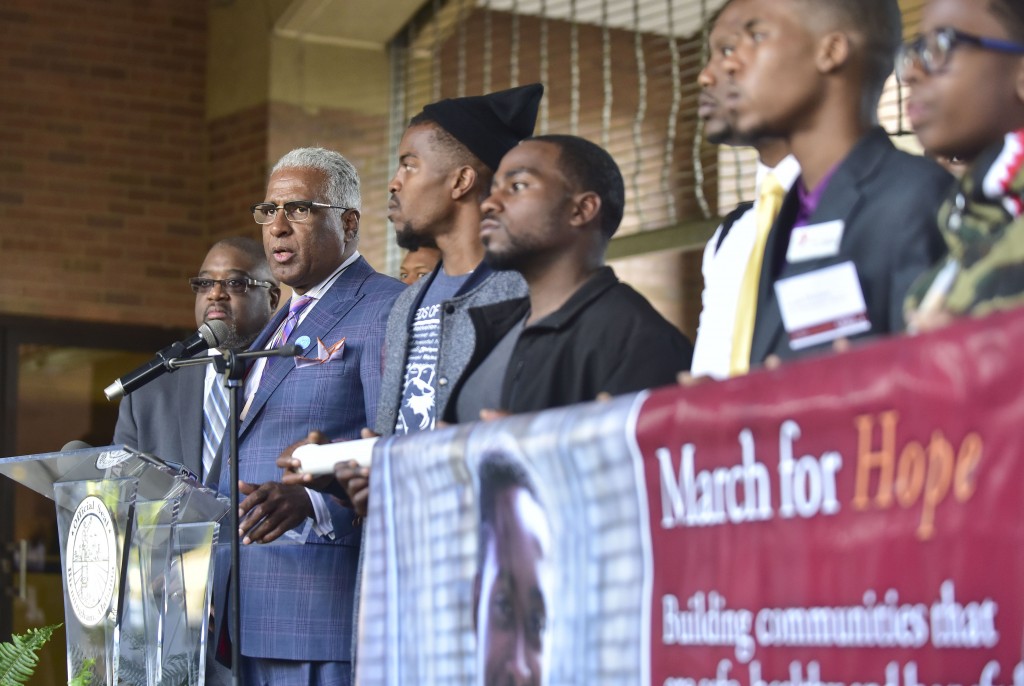
Dr. William C. Bell, president and CEO of Casey Family Programs, one of the founding partners of Cities United and no relation to Birmingham’s mayor, said, “It is about change. It is about saying that our kids need hope.
“It’s not just about marching,” he continued. “It’s about teaching, it’s about training, it’s about supporting. That’s why Cities United exists.”
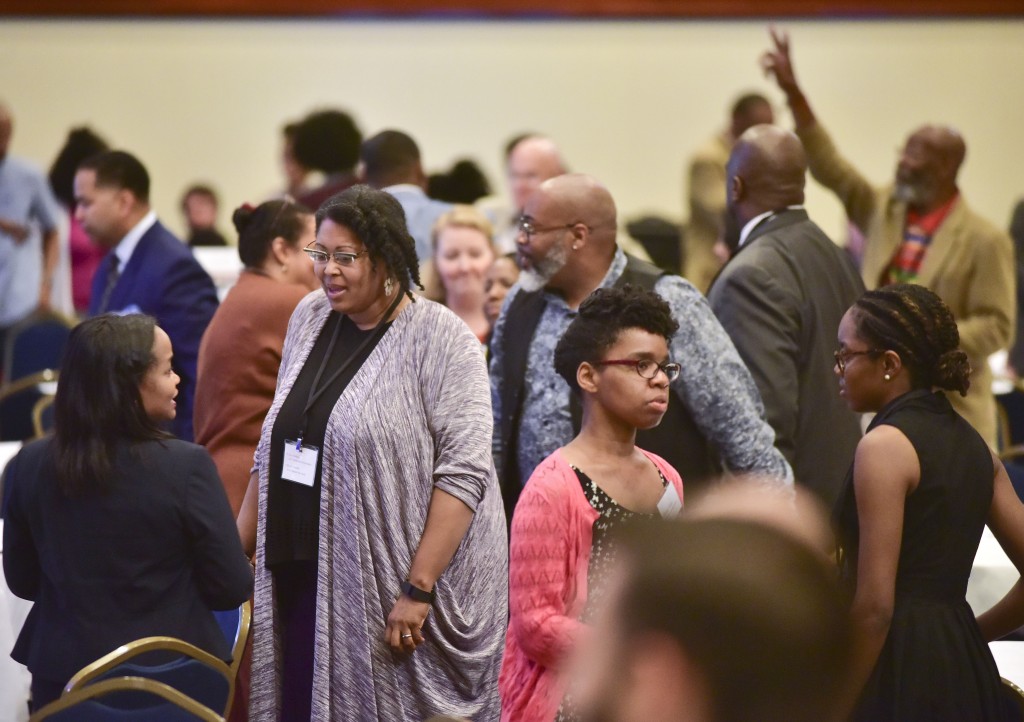
While many have focused on the violent acts that have led to deaths, attendees at the two-day session which began Tuesday agree that the root cause goes deeper. They note that many in impoverished areas of their cities feel sense of hopelessness that makes them think that nothing – including life – matters.
“It’s not because they woke up one morning and said, ‘I don’t like you therefore I’m going to take your life,’” Dr. Bell said. “There’s something missing in the eyes of too many of our children across this nation. And that’s what Cities United is about.
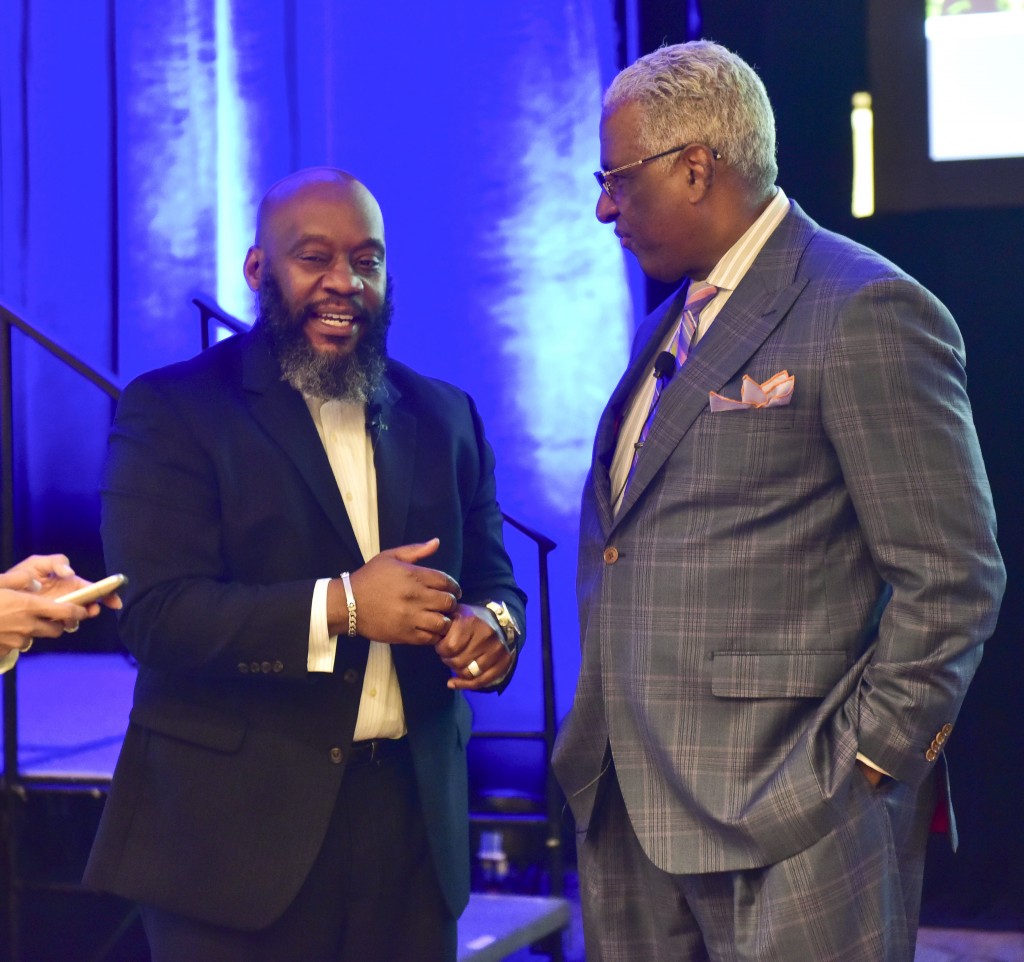
“The loss of any one child in any home, in any community, in any neighborhood in this country is not that family’s problem, it’s not that city’s problem, it is America’s problem,” he said. “It is time for us in America to decide that every one of our children deserves the right to life.”




